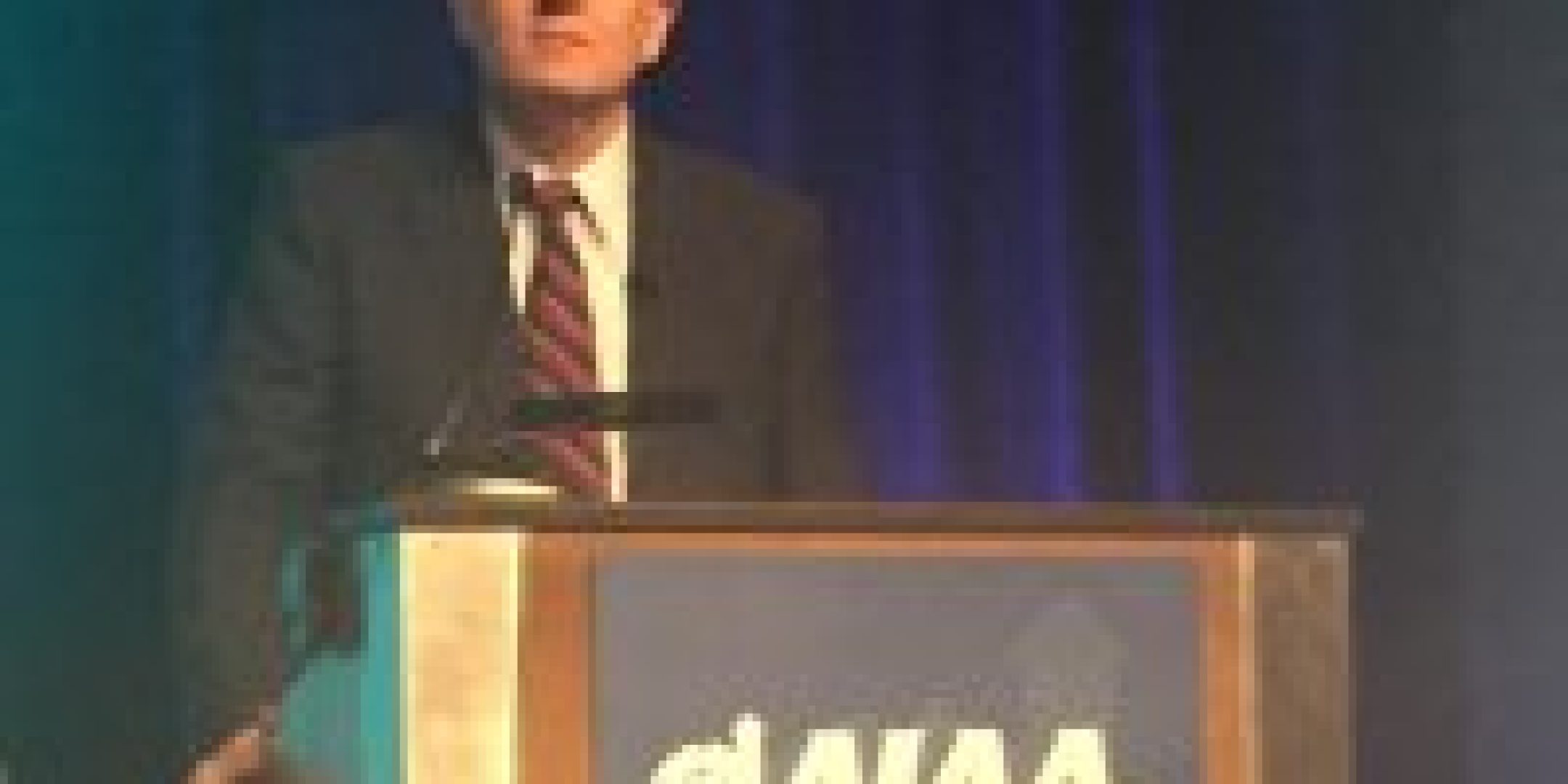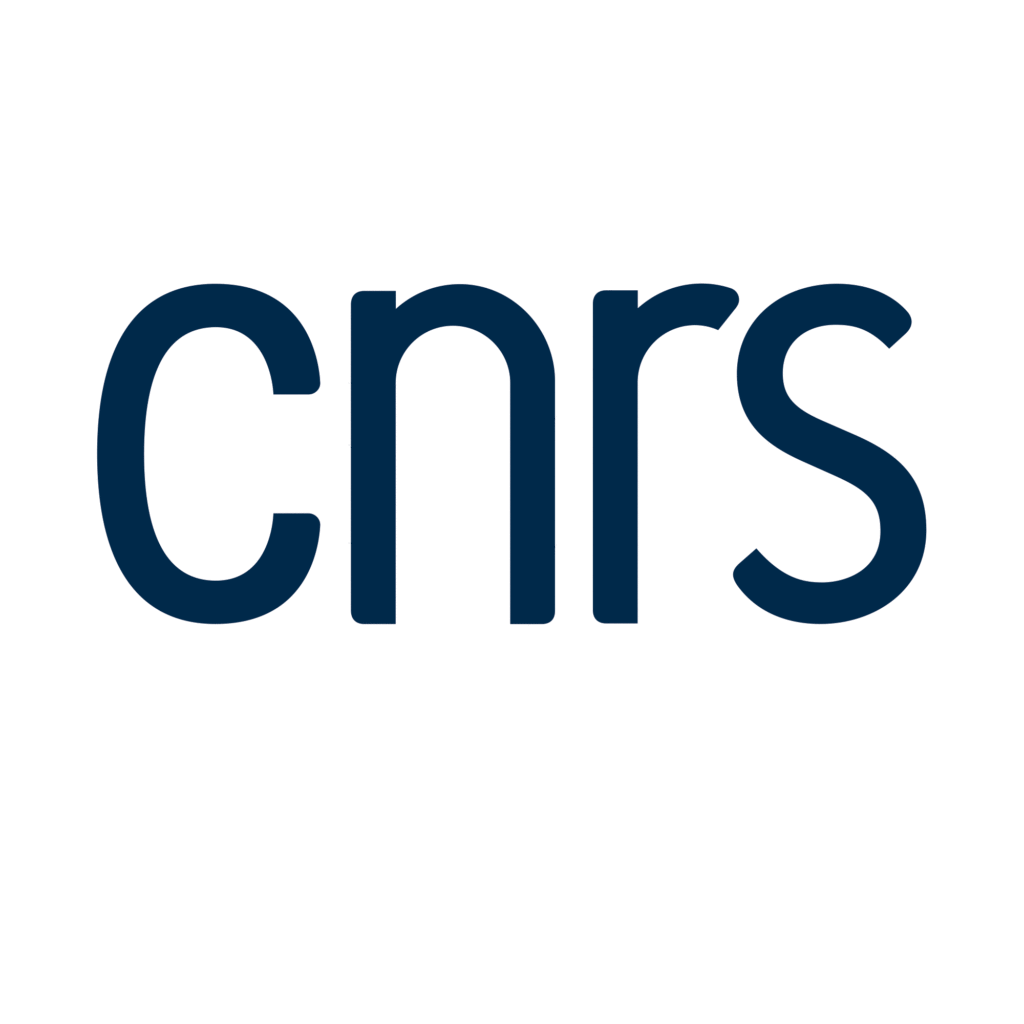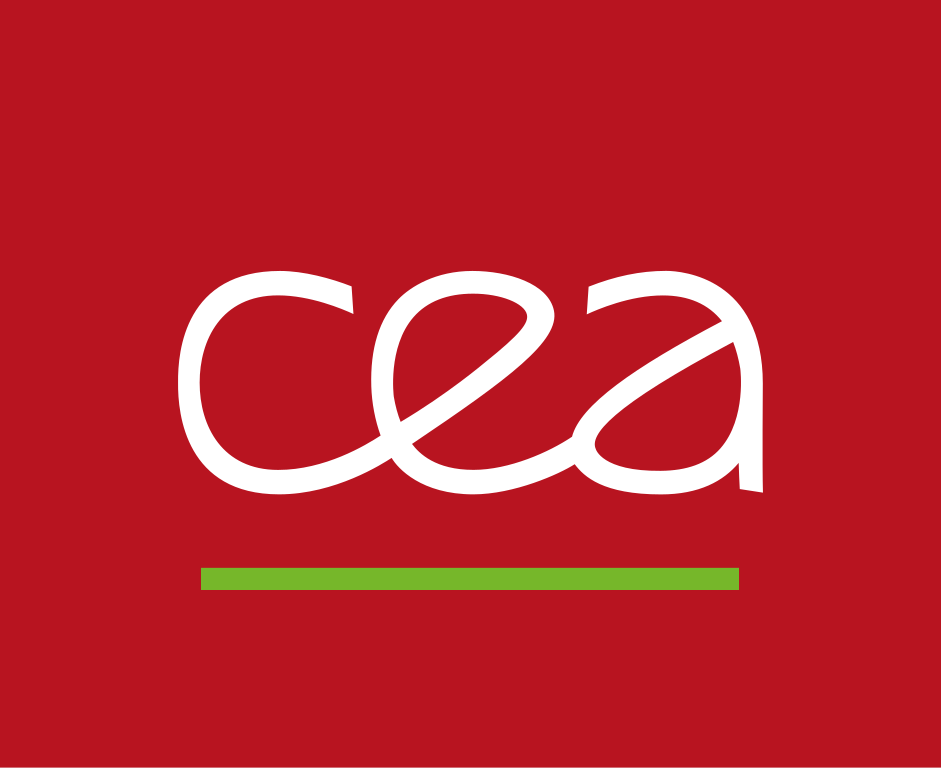https://fscience-old.originis.fr/wp-content/uploads/2023/06/GLOC_Oslo_Norway_S2_27juillet2022_web-2-1.jpg President Jean-Yves Le Gall spoke on September 18 at the 2018 Space Forum organized by the American Institute of Aeronautics and Astronautics (AIAA) in Orlando, Florida, where he presented France’s space cooperation with the United States and highlighted the Space Climate Observatory (SCO).
Jean-Yves Le Gall particularly stressed the importance of Franco-American cooperation on Mars exploration, with the launch of InSight (Martian lander equipped with SEIS, Seismic Experiment for Interior Structure, a French seismometer) last May and scheduled to land on Mars on November 26, and the launch in two years of the Mars 2020 mission, a Martian rover equipped with the French SuperCam Mast Unit instrument.
Another important area highlighted by the President of https://fscience-old.originis.fr/wp-content/uploads/2023/06/GLOC_Oslo_Norway_S2_27juillet2022_web-2-1.jpg is oceanography. Jean-Yves Le Gall recalled a decades of cooperation in this field with the first Topex-Poseidon altimetry satellite launch in 1992, the Jason range of satellites (1, 2 and 3 launched in 2016 for the latter) and the Sentine-6 satellite, a https://fscience-old.originis.fr/wp-content/uploads/2023/06/GLOC_Oslo_Norway_S2_27juillet2022_web-2-1.jpg-NASA cooperation, as part of the European Copernicus Earth observation program.
Ahead of the second edition of the One Planet Summit, which will take place in New York on September 26, the Space Forum was also an opportunity for Jean-Yves Le Gall to continue to promote the Space Climate Observatory, an international observatory initiated by https://fscience-old.originis.fr/wp-content/uploads/2023/06/GLOC_Oslo_Norway_S2_27juillet2022_web-2-1.jpg to measure the impacts of climate change from local to global scale, launched last June at the Toulouse Space Show.


